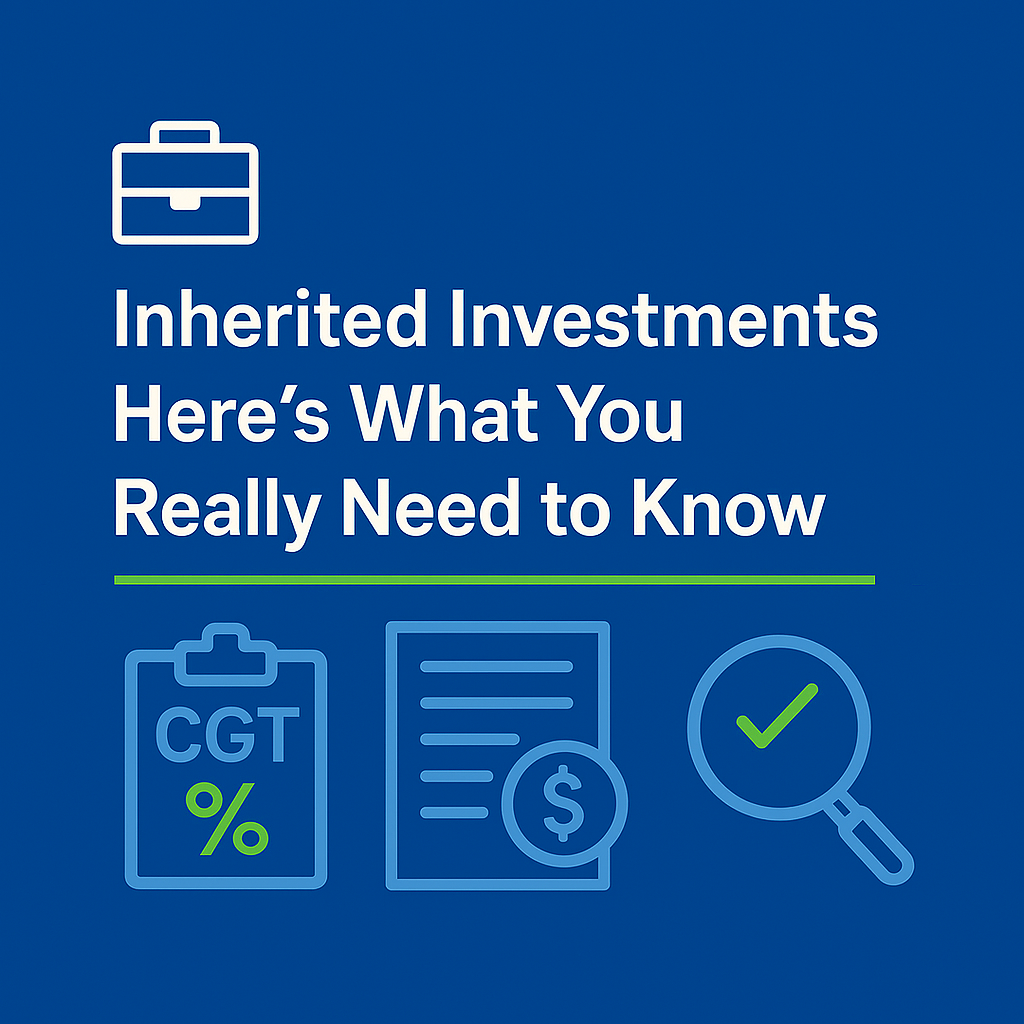Employee or contractor? – the Federal Court weighs in
A recent Federal Court case has highlighted important superannuation guarantee (SG) implications for businesses that engage certain types of contractors.
Background facts
The case of Jamsek v ZG Operations Australia Pty Ltd (No 3) [2023] FCAFC 48 (24 March 2023) concerned two truck drivers who previously drove delivery trucks for a company, ZG Lighting, and its related and predecessor companies for just under 30 years. The drivers provided their services via a partnership with their spouses.
The drivers commenced proceedings against ZG Lighting claiming they were employees for the purposes of section 12(3) the Superannuation Guarantee (Administration) Act (1992).
In the first appeal decision more than two years ago, the Federal Court held that Mr. Jamsek and his colleague Mr. Whitby were employees of ZG Lighting within the ordinary, common law, meaning of that term.
The court, in the first appeal decision, did not consider whether the ‘expanded meaning’ of employee in section 12(3) applied.
The expanded meaning provides that “if a person works under a contract that is wholly or principally for the labour of the person, the person is an employee of the other party to the contract”.
On appeal, the High Court held that the workers were not employees within the ordinary, common law meaning of that term and remitted the matter back to the Federal Court to determine whether Mr. Jamsek and Mr. Whitby were ZG Lighting’s employees within the expanded meaning in s 12(3). That is, were the two workers engaged under contracts that were wholly or principally for their labour? If yes, then an SG obligation arose. That was the question that the Federal Court turned its mind to in March 2023.
Federal Court decision
The Federal Court ruled that section 12(3) was not satisfied and therefore the workers were not entitled to SG for a number of reasons, including:
- The expanded meaning of employee only applies where the worker is an identified natural person who is a party to the contracts for services in their individual capacity (here, the partnership was the party to the contract).
- The expanded meaning of employee is not satisfied where a contract is characterised as being for the provision of a result (as opposed to being wholly or principally for the labour of the worker).
- A contract that allows the worker to do the work themselves or to engage other persons to carry it out is not wholly or principally for the labour of the worker.
- The expanded meaning of employee only applies in relation to contracts for the personal performance of work by the worker who is a party to the contract.
Takeaways for businesses who engage contractors
This case is a timely reminder for businesses dealing with contractors to consider the following key takeaways from this case:
- The principle that the worker, as a natural person, must be a party to the contract in their individual capacity. That is, the worker must be engaged personally.
- SG will not be payable where the contract is for the provision of labour, nor will SG be payable where the individual can delegate the work.
- Although many arrangements are clear-cut on the question of an entitlement to SG, arrangements where workers or entities are engaged under a contract may need to be reviewed in light of this decision, which carries the force of the Federal Court, no less.
- Given that SG entitlements and accompanying penalties can date back years, perhaps a private ruling from the ATO should be considered in line-ball cases.











